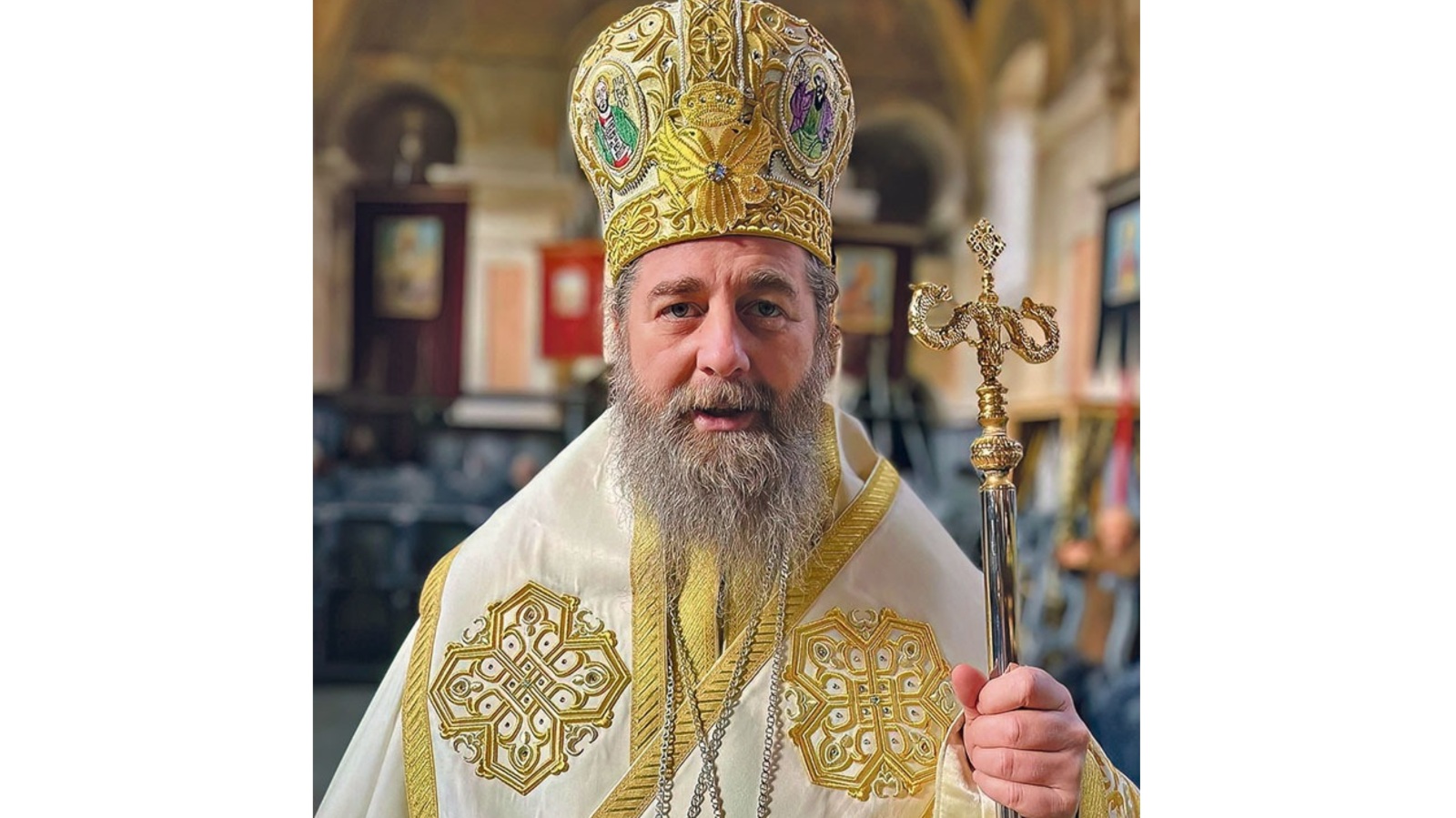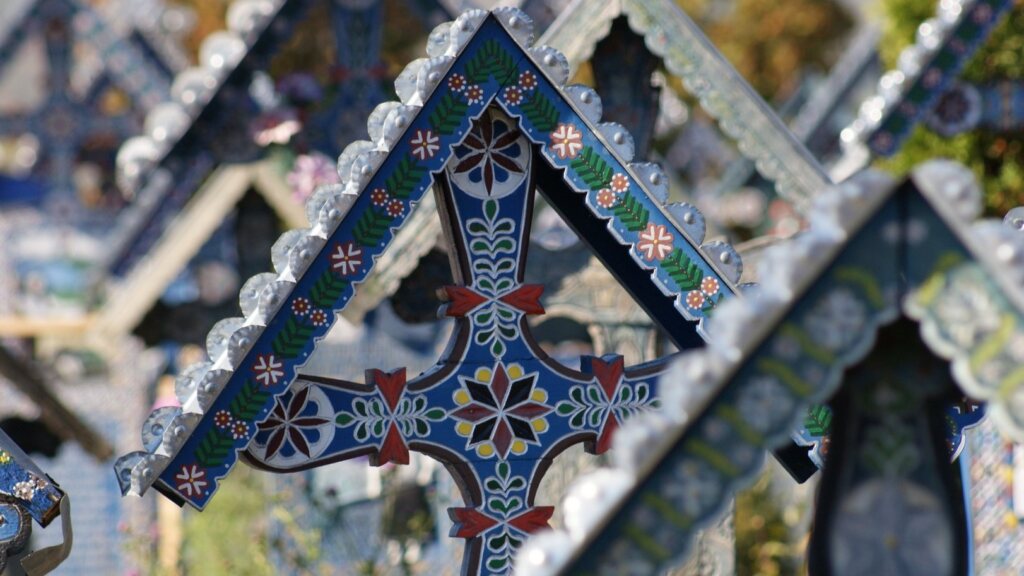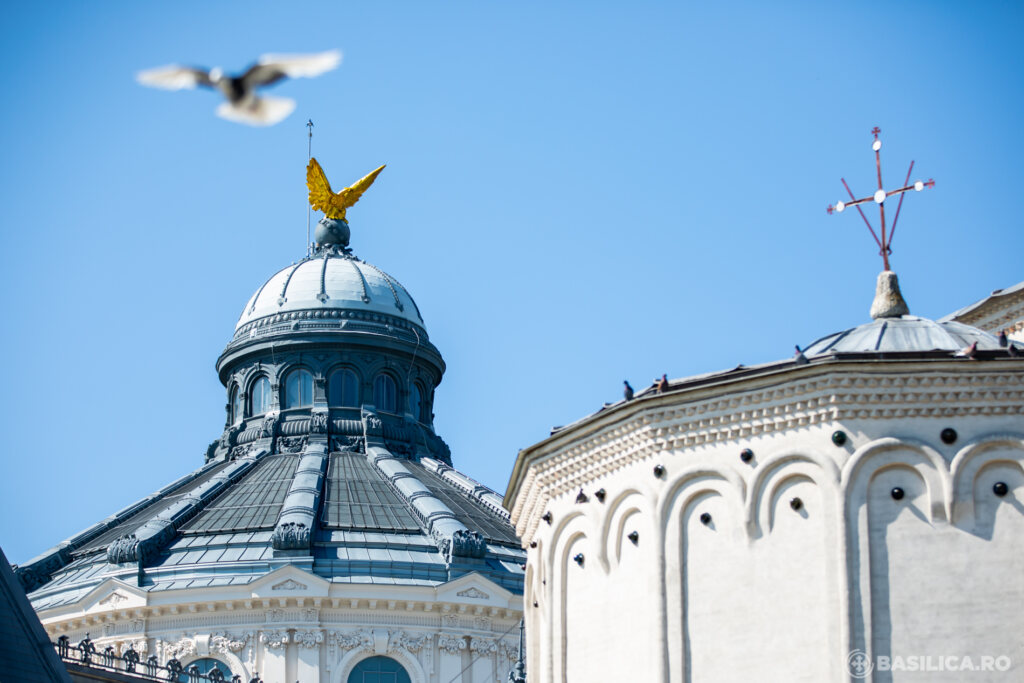In an interview for the weekly publication Formula AS, Bishop Siluan of Hungary spoke about the declining Romanian community in Hungary. “It would be very important that young families in Romania, as well as the Romanian community in Hungary, be supported by the Romanian state and encouraged to have at least two children,” His Grace underlined.
“Although they stayed across the border in a country where another language is spoken, a country quite strong from the point of view of asserting the national character, the Romanians here had an interesting history. They managed to continue speaking their language and preserve many of their ancestral traditions,” Bishop Siluan noted.
But, “throughout three or four generations, things have changed, and young people don’t speak Romanian anymore or don’t speak Romanian at all.”
His Grace said Romanian parishes in Hungary have five to ten baptisms and ten to twenty funerals yearly.
Another phenomenon that affects the community is assimilation: in Budapest, a university centre, “many mixed families are formed”, the bishop explained.
“We, as a Church, do not have many possibilities to do something in this sense, but we are worried about what will happen in the future with Romanians, in general, and with the community of Romanians in Hungary, in particular, because a community without children has no future,” His Grace Bishop Siluan added.
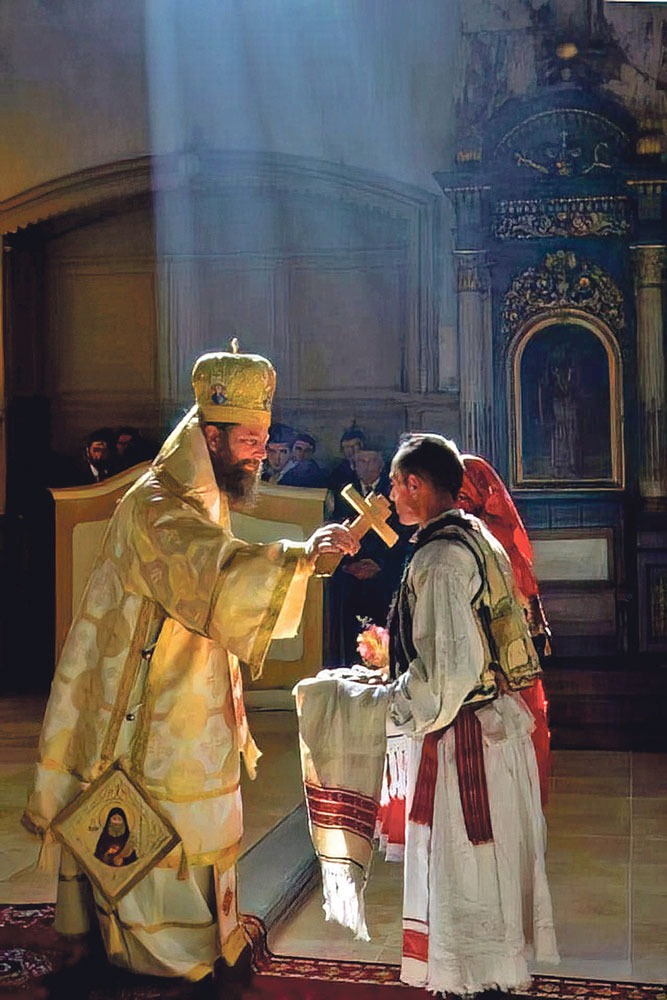
“On the side of the roots, however, of the blood, of the soul, maybe also of the feelings, I tend to believe that it is true that blood is thicker than water, as a Romanian saying says,” the hierarch noted.
“In Orthodoxy, things happen freely. We don’t force anyone to come to church, to take communion, to do a good deed, or, in the case of the youngest, to discover the value of faith or to understand how important it is that their grandparents were Romanian, that they spoke Romanian, and that they devotedly preserved their Romanian faith and traditions, even when forced to live in a foreign country.”
Inspiration for Romanians and Hungarians
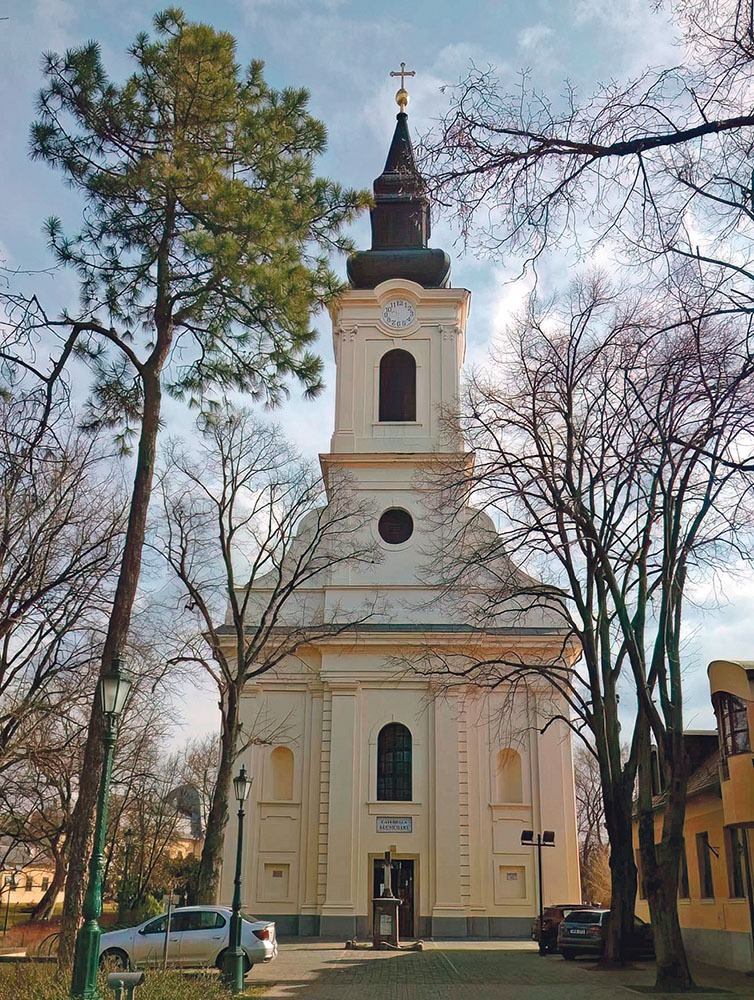
His Grace also mentioned that, after 1990, Romanians discovered the thermal baths in Hungary. When they visited this country as tourists, they were pleasantly surprised to be able to attend services in the Romanian language.
“Some of them enter the cathedral (in Gyula), considering it a historical monument, and discover with joy that it is a Romanian place of worship, that services are held in the Romanian language, and then they come to services, during their stay here.”
“Even the Hungarians in the city, who also have their very beautiful Catholic church in a central area, told us that they went into our cathedral for a few moments, and the silence they felt made them come back because they felt good from a spiritual point of view,” said Bishop Siluan of Hungary.
The Romanian community in Hungary has ancient roots. A document from 1651 mentions the Romanian Metropolitan Sofronie of the Lipova and Gyula. After 1920, many Romanians moved to Greater Romania.
The Holy Synod of the Romanian Orthodox Church established the Romanian Orthodox Diocese of Hungary in 1950; however, Sofronie Drincec, the diocese’s inaugural bishop, was not installed until 1999. Since 2007, Bishop Siluan has shepherded Romanians in Hungary.
Photo source: Formula AS
Follow us on Twitter: @BasilicaNews
